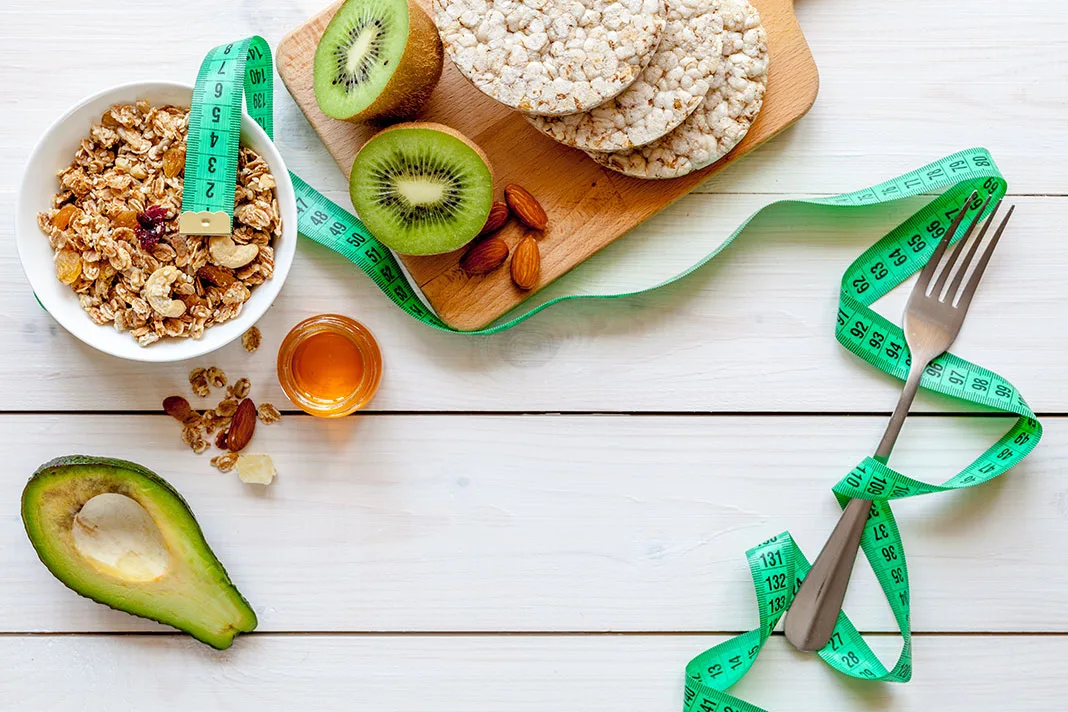Can you separate real health advice from dietary myths? We debunk common wellness misconceptions with the help of top nutritionist Filip Koidis
Words Filip Koidis, Specialised Nutritionist & Clinical Dietitian
Popular diets and why they fail us
Hate to break it to you but most diets are deemed to fail us sooner or later. Celebrity diets, diets created from famous doctors or even that diet your friend did and ‘worked a treat for her’ – they were not designed for us. We are complex beings. We might share some common characteristics, but we differ in habits, physiology, biochemistry and genetics. When deciding to embark upon a diet, you have to consider all of the above.
Seeking advise from a specialist is one way to go, but it’s also important to educate yourself and trust only reliable sources of information. Ultimately you need to make sure you start accumulating healthy habits that you want to follow for the rest of your life.
MYTH 1: Taking Vitamins and Supplements – the more the merrier
Up until recently the common knowledge was that vitamins are good for you, even if you don’t need them. However, emerging scientific data over the past 5-6 years suggests that taking multivitamins can cause more harm than good. Comparative studies showed that people taking multivitamins had higher chances of developing certain cancers to those not taking any.
Another issue with taking unnecessary supplements is that you might be inhibiting the absorption of certain vitamins and minerals. You could end up malnourished with your liver working unnecessarily overtime to get rid of all those supplements. A supplement should be used exactly for what its meaning suggests: to supplement your dietary intake. It should be the tip of the iceberg and not the core of your diet. Take away message: if you can eat it don’t supplement it!
MYTH 2: Detox Diets – Lose weight and eliminate harmful toxins
Detox diets claim to facilitate toxin elimination and aid weight loss. Yet, from a science perspective, there isn’t enough evidence of their commercial claims. The liver, kidneys, lungs, and several other organs, work around the clock to remove harmful substances. Even if a substance really is noxious, a cleanse won’t help.
Acute toxicity would likely constitute a medical emergency, while chronic toxicity is best addressed by a well-nourished body. Not, however, one weakened by a few days with a diet of apple cider, pineapple juice and pepper! It is no wonder that all the commercially available “detox products” never mention the specific toxin targeted. This shows how little of an effect cleanses have.
Furthermore, most of the reported weight loss from cleansing diets is due to their very low calorie content. The euphoric feelings experienced from the influx of vitamins and minerals that come with the increased intake of fruit and veg. Some people do report feeling better, which is mostly down to eating more fruit and veg and exercising more.
The best way to deal with a “cleanse” is to view it as an excuse to increase your fruit and vegetable intake. As I say to my clients, if it is only for a few days give it a try as variety is key in nutrition. Just make sure you are not ingesting any dubious substances and you have realistic expectations!
MYTH 3: Juicing – get all the good stuff in there
Smoothies are considered an inseparable aspect of a healthy diet. All sorts of extracts have hit the market in the past 15 years or so – from seeds extracts to herbs and plants. There are even “glorious machines” that do all the work for us, but this is the very problem of juicing. Those machines are doing the work our body is meant to do: from mastication, to peristalsis and gastric juices secretion. They all contribute to what we call a “meal event”.
If you start bypassing these procedures and feed liquids directly into your body the following happens:
– You lose sense of portions and how much food/sugar you are allowing in your body
-Your gut becomes sluggish
– You miss out on important fibre
– There is a good chance you will get hungry sooner than if you ate the individual smoothie/juice items individually instead of blending them together
MYTH 4: Superfoods
Every year there is a new superfood that people go crazy about consuming due to its advertised “properties” that come together with a compelling story about its origin. There is no such thing as a superfood, as there is no one specific food that’s best than the rest. It is all about the food matrix and ensuring variety and balance in a healthy and sustainable lifestyle rather than focusing on single food items. Superfoods and their unreasonable over-production have also been disrupting an established balance in the world of agriculture.
MYTH 5: Weight loss: It’s all about calories-in-calories-out
Common consensus for weight loss is that you have to measure how many calories you intake and how many calories you burn and aim for a deficit. The reality is not that straight forward nor that simple: Calorie burn estimates can be hugely imprecise. Online calculators, lifestyle publications and fitness trackers have significant error margins. Even under laboratory conditions calorie expenditure could be off by as high as 45% Most common consumer fitness trackers have approximately 30% margin of error.
Individuals burn calories uniquely. Factors such as genetics and epigenetics, body fat percentage and distribution (brown vs white matter), sleep efficiency, gut microbiome, hormonal cycle all affect the way we burn calories.
Being overweight in the past can influence the way you burn calories as well through a process called adaptive thermogenesis. In brief, a previously overweight person will need to reduce her/his caloric intake more than what a “calorie-calculator” would suggest. This is mostly due to her/his body showing resilience in adapting to a slimmer body composition.
Scientific studies have shown that we all have a different adaptive metabolic rate. This means each individual responds differently to the number of calories ingested. For example, two people of the same weight, height and exercise regimen will not put on the exact same weight if fed extra 500 calories/day. This is partially due to their differences in adaptive metabolic rate. Furthermore, different macronutrients burn significantly different amounts of calories during digestion. i.e. a meal of 500kcal consisted mostly of fat will only use up about 20kcal upon digestion whereas a similar meal consisted mostly of protein will use up to 150kcal upon digestion.w1nutritionist.co.uk







